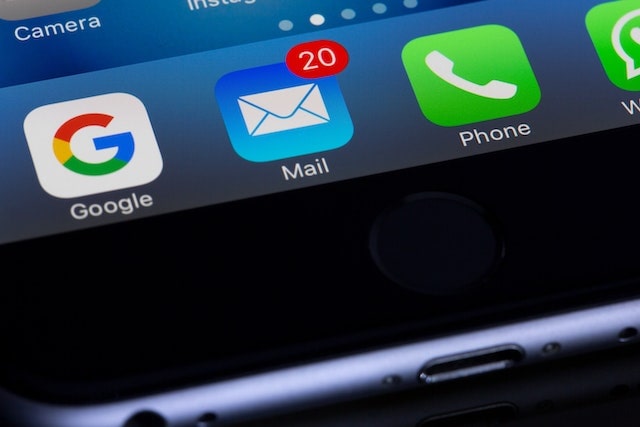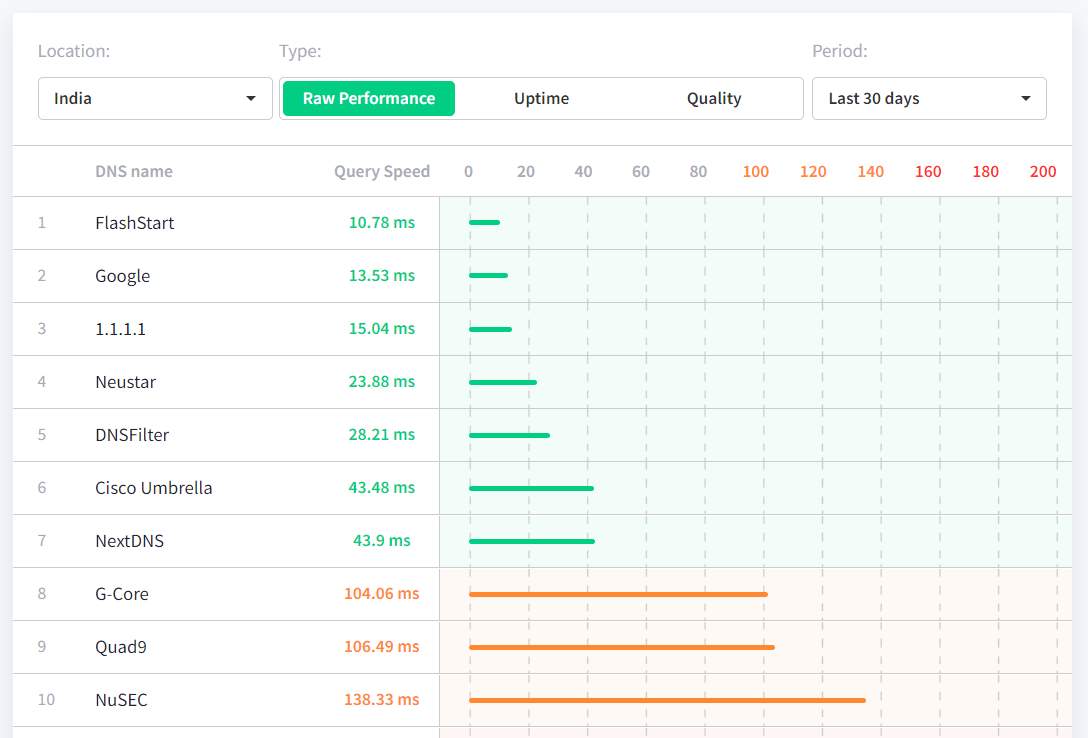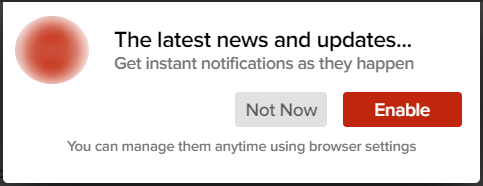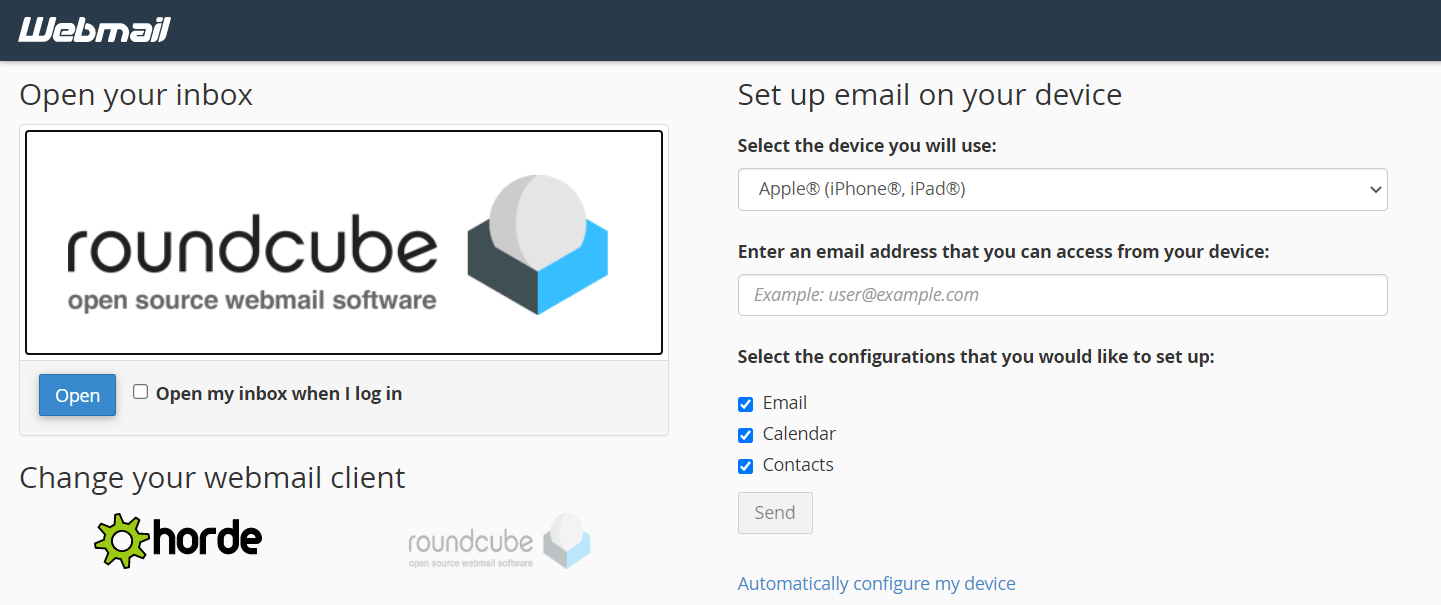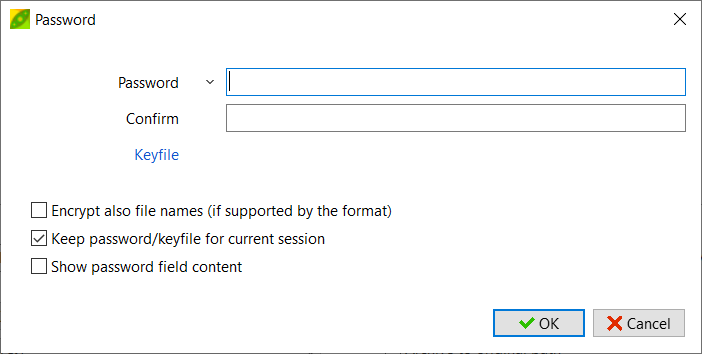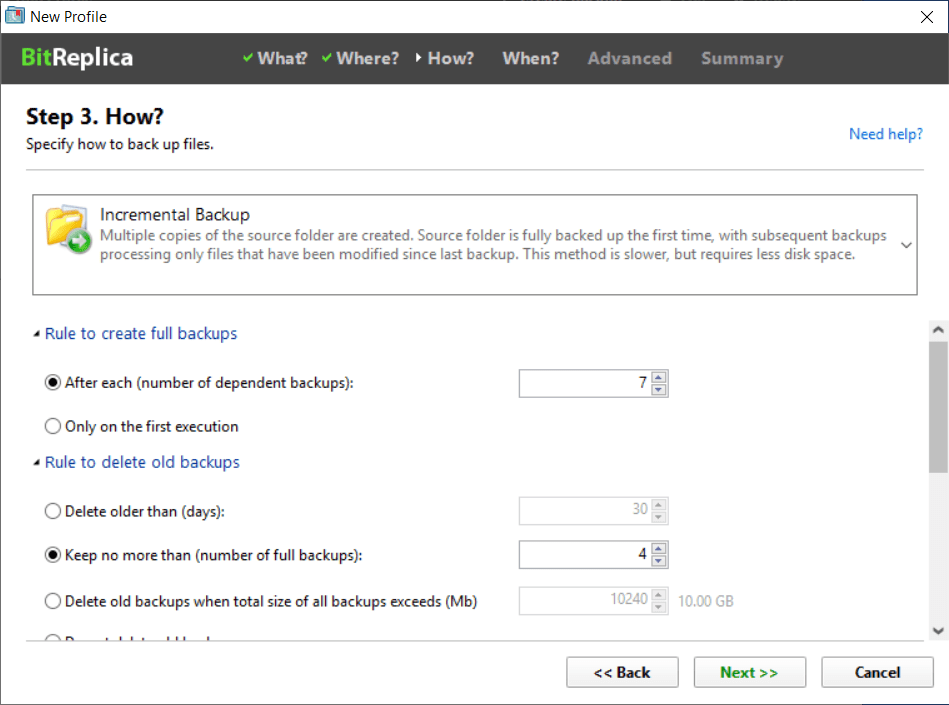If your client is located in another country or continent, email scheduling can be a useful feature. It will increase the likelihood of their timely response and call to action. If you’re a Gmail user, there’s good news: You don’t need to download any third-party extension or pay for a subscription-based service. You have the email scheduler right in your Gmail inbox! Don’t believe us? Keep reading to know how to schedule Gmail emails easily on the Web and Android & iPhone apps.
(more…)Category: Best Practices

How to Send Encrypted Emails? Why Email Encryption is Important?
Today, we’re all connected to the Internet in every aspect of our lives. We use the Internet to search for information, listen to music, play games, pay bills, and get in touch with our loved ones.
Email is one of the crucial ways by which we communicate with others. It’s fast, cheap, reliable and universally accessible regardless of the device and operating system we use. But as our real and digital lives get interconnected, we often share a wealth of personal and confidential information through emails.
(more…)
How to Make Your Internet Faster, Stable & Secure Using a Public DNS?
We humans can remember websites by their recognizable alphabetical names (such as www.example.com) and less likely by their machine-readable IP Addresses (for example, 190.0.10.40). This is where the DNS comes into picture.
DNS is like a master phone book of the Internet. Much like your phonebook contains the names and phone numbers of your friends and family, the DNS is an extraordinarily huge database that contains the domain names and corresponding IP Addresses. When you type in the name of a website in your browser, your computer looks for the IP Address of the corresponding website before it could establish a connection to that website and start loading it’s content. Without the DNS, the Internet would not be what it is today. If the DNS didn’t exist, you would have to remember long, complex numerical IP Address of each favorite website you want to visit, or write it down somewhere else.
(more…)
10 Steps to Keep Yourself Safe on the Internet
Today, the Internet has become almost a daily part of our lives. Many of us are almost dependent on the Internet. It is a great platform for learning new things, social interaction, entertainment, online classes, remote work, or speaking about a cause. It has made our lives easier. Much like the “network of networks” brings in new opportunities with it, there are certain disadvantages. Cybercriminals have become quite savvy in their attempts to gain access to people’s crucial data and devices through malicious ways. The good news is that there are plenty of ways to keep yourself safe on the Internet. It must be remembered that all of these strategies should not be used in isolation, rather they should be used together for the highest Internet security. Let’s deep dive into those strategies.
(more…)
How to Search Old Emails in Gmail Using Date, Recipient, Size, Attachment & Other Parameters?
How many unread emails do you have at the moment? Thirty, sixty, hundred, two hundred or five hundred? Our Gmail inbox is flooded with a mountain of emails every day that we struggle to find our priority emails. While we occasionally receive useful communication from our friends, colleagues and companies we work with, most of the junk emails clutter our inboxes and waste precious time and storage. And with more emails arriving every day, searching for old emails can be a nightmare and quite a challenge.
(more…)
Using Gmail Spam Protection for your Non-Google Email Account
Do you know that you can use Gmail Spam Protection for your Non-Google email account? Do you know that you can avail Gmail’s powerful spam filters without going through the hassle of changing your email address?
Google’s Gmail Spam Protection may not be perfect, but it is one of the powerful and reliable spam protectors. Only a handful of unsolicited emails make it through, and the number of false positives is too low. When you link a Non-Google email account to your Gmail, it acts as if your emails were hosted on Google’s data servers.
In this tutorial, we’ll explore how you can protect your Non-Google email account using Gmail Spam Protection. Let’s begin.
(more…)
Lock Folders in Windows 11/ 10 Using Free Software
In this era of technology, computers have become an essential part of our digital lives. We rely on computers for about everything. They are used in almost every sector- from agriculture to healthcare to defense.
With the increasing dependence on computers, it has become significant to protect every aspect of our digital lives. Nevertheless, many people neglect computer security until they experience an issue potentially affecting their security and privacy. In this article, we’ll cover a fundamental aspect of computer security- encrypting and password-protecting your folders. Read on to know how to lock folders in Windows 11 and Windows 10 using free software.
(more…)
Is There Any Difference Between Differential and Incremental Backups? (Explained)
Your data is not just a piece of information. You’ve spent a considerable amount of your time, efforts and money on it. Losing your data means losing a valuable digital asset.
Whether you’re a student, professional or businessman, an accidental loss of information can have disastrous impacts on your life. Data loss can cause severe consequences such as emotional trauma, monetary loss, loss of future opportunities (such as clients), or legal penalties.
Forming a correct backup strategy will help you keep your data protected. There is no one-size-fits approach for everybody. There are situations when one backup method works better than the other. Selecting the right backup method, backup interval, and destination storage is the key to secure your files. Let’s dive in understanding the difference between the popular full, differential and incremental backups.
(more…)
![How to Schedule Gmail Emails [Step-by-Step Guide]](https://www.dupinout.com/wp-content/uploads/2023/05/how-to-schedule-gmail-emails.webp)
